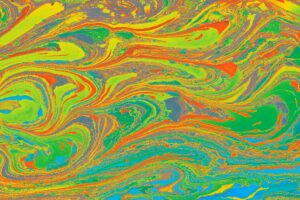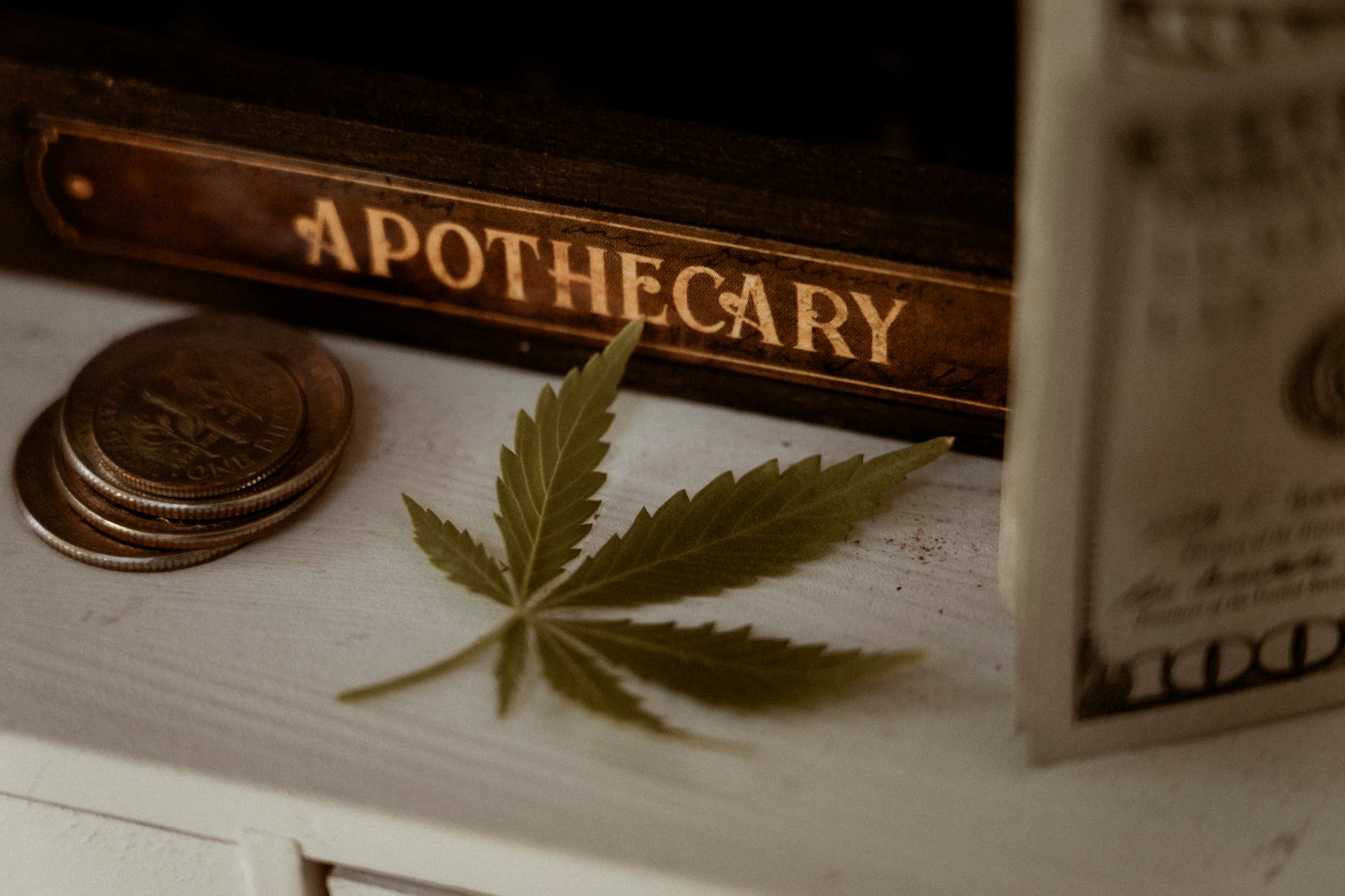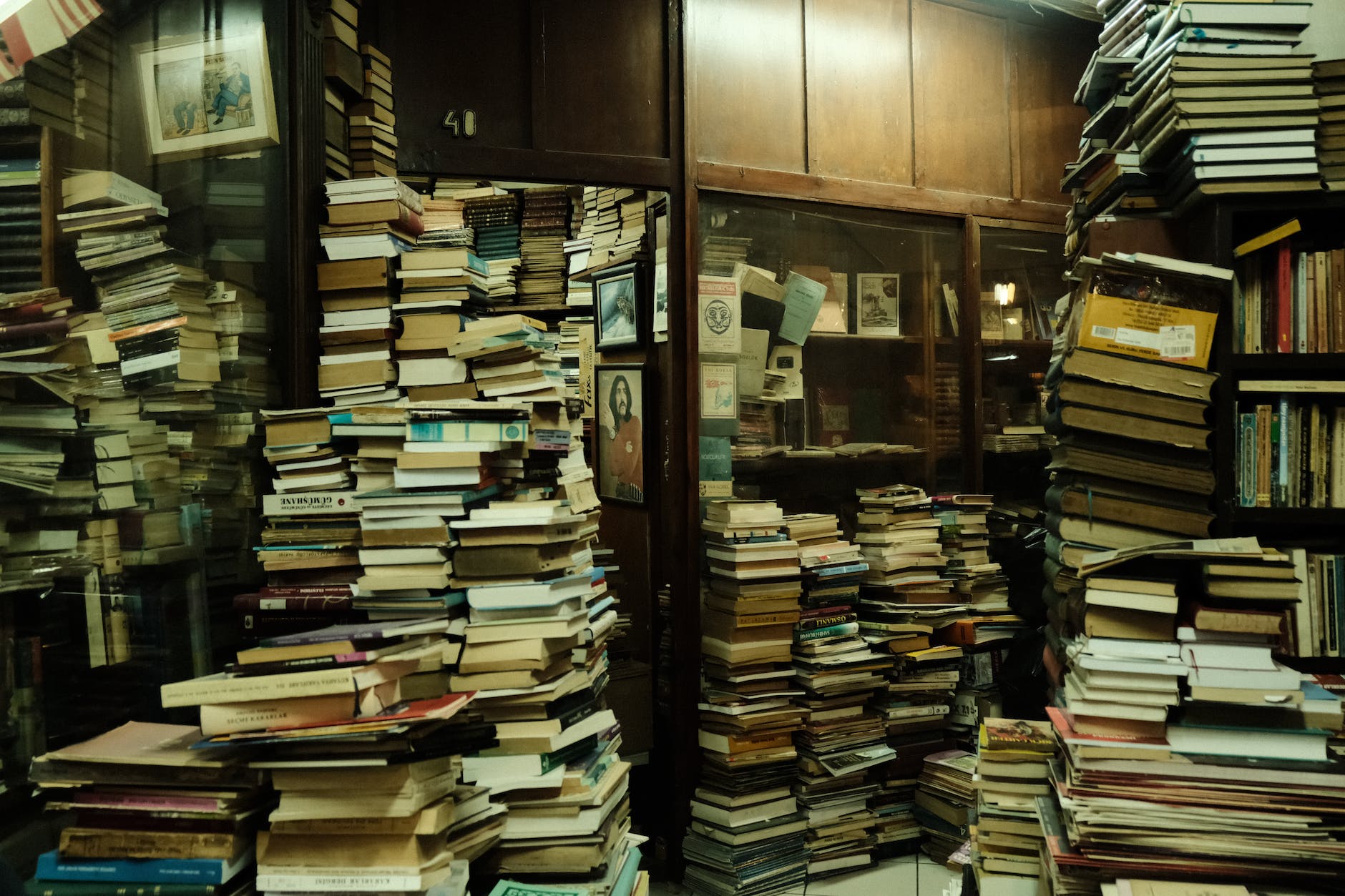—
From the mushy, glowing haze of Alice’s Wonderland to the metaphysical exploration of Philip K. Dick’s sci-fi universe, there’s something distinctly magnetic about narratives born out of altered states of consciousness. Psychedelic literature, a melange of hallucinatory prose, mystical themes, and unconventional storytelling, has been a growing niche within literary genres, garnering ever-varying interpretations and scholarly commentary.
The essence of psychedelic literature lies in its ability to bring forth mind-bending narratives, drawing on authors’ psychedelic experiences to challenge conventional storytelling techniques. More than just an indulgence for the senses, such literature aims to juxtapose the ordinary with the extraordinary, blurring boundaries to offer refreshing perspectives on existence.
A critical baseline for the genre was laid down by Aldous Huxley in the early 1950s. His ‘Doors of Perception’ is a seminal work that expounded on his experiences with mescaline, an alkaloid with psychedelic properties. Huxley’s uncanny account of spiritual enlightenment and altered realities was viewed by the countercultural literature often associated with the 1960s – challenging the status-quo and pushing the limits of conventional wisdom.
Psychedelic literature flourished in the 1960s and 70s when it became intertwined with the likes of Carlos Castaneda with his ‘The Teachings of Don Juan’, Robert Anton Wilson’s ‘Cosmic Trigger,’ and Tom Wolfe’s ‘The Electric Kool-Aid Acid Test,’ all contributing an intellectual lens to hallucinatory prose. These writers aided in translating the experiences of the counterculture movements into engaging narratives, creating a new, profound wave within the genre.
In the realms of fiction, authors such as Philip K. Dick, William Burroughs, and Hunter S. Thompson have given us fascinating glimpses into socially transgressive, mind-altering reality constructs. Their work often features the representation of psychedelic experiences, cotting mundane reality to unearth philosophical insights.
Meanwhile, Spiritual books like Ram Dass’s “Be Here Now” serve as conduits for teachings drawn from eastern philosophy, spiritual teachings, and psychedelic experiences, pointing readers towards paths of self-discovery and enlightenment. The psychedelic literature of this era hit a chord with readers and scholars alike because it forced them to question and revise their understanding of reality, consciousness, and individuality.
Interestingly, psychedelic literature’s consistent allure lies in its power to etch enduring images into the reader’s consciousness, imbuing them with a sense of lived-through experience. At its heart, psychedelic literature isn’t about retelling a trip – it’s about capturing the essence of what happens in these altered states, and making sense of these fundamentally uncanny experiences.
Crucially, such literature doesn’t serve to glorify hallucinogenic experiences. Instead, it focuses on fostering an understanding of an intrinsic human curiosity towards the elemental and the abstract, the spiritual and the physical, the microcosm and the macrocosm – through the lens of altered states of consciousness. And it’s these shared human curiosities that make psychedelic literature undeniably compelling, resulting in a significant, deeply intellectual reader-base.
In recent years, there has been a resurgence in psychedelic literature. This has been triggered, in part, by growing interest in and acceptance of psychedelics for their potential therapeutic and cognitive benefits. For instance, Michael Pollan’s “How to Change Your Mind” delves into how psychedelic compounds may help us understand the self, consciousness, and the existential questions that have ailed humanity for centuries.
In conclusion, the charm of psychedelic literature is its unique ability to weave together the curious human endeavor of seeking and understanding the known and unknown. It allows the reader to embark on a journey away from the mundane, tapping into deeper mystical themes with a potential for more comprehensive outlooks on life and existence.
Through its enthralling narratives and visual imagery, psychedelic literature stands testament to the profound impact that such altered states can have on the individual and collective consciousness. As long as humanity continues its quest for exploring the metaphysical and the transcendental, psychedelic literature will undoubtedly continue to evolve, offering enriching pathways into the inexplicable mysteries of life and consciousness.
Sources:
– Aldous Huxley’s ‘Doors of Perception’
– Psychedelic literature
– Countercultural literature
– Growing interest in psychedelic literature







